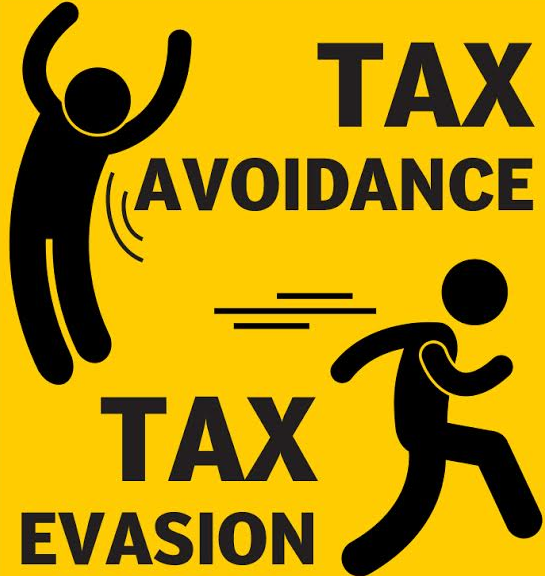In the wake of the Panama Papers being released, the U.S.Treasury announced that it will use existing powers in order to make two rule changes that are intended to stop tax evasion. First, in a rule which amends the US Bank Secrecy Act, the Treasury said it will require financial institutions to verify the identity of the real people, or “beneficial owners”, who control companies opening accounts with them. The aim is to prevent true owners of the account from being masked by the names of lawyers or other representatives. The second rule, which the Financial Times reports is just a proposal at this stage, closes a loophole that Treasury says “allows foreign persons to hide assets in US accounts.” The rule targets foreign owned US entities which can currently operate free of oversight by U.S. tax authorities, most prominently single member LLC’s, making them report ownership and transaction data to the IRS. Treasury Secretary Jack Lew said these steps would “increase transparency and disclosure requirements and empower law enforcement.” Lew also acknowledged that these changes won’t stop everything being done to work around the system: “Despite these efforts, bad actors will continue to seek new ways to exploit the system.
Topics:
Tyler Durden considers the following as important: Featured, newsletter, Switzerland, Transparency
This could be interesting, too:
Nachrichten Ticker - www.finanzen.ch writes Die Performance der Kryptowährungen in KW 9: Das hat sich bei Bitcoin, Ether & Co. getan
Nachrichten Ticker - www.finanzen.ch writes Wer verbirgt sich hinter der Ethereum-Technologie?
Martin Hartmann writes Eine Analyse nach den Lehren von Milton Friedman
Marc Chandler writes March 2025 Monthly
 In the wake of the Panama Papers being released, the U.S.Treasury announced that it will use existing powers in order to make two rule changes that are intended to stop tax evasion.
In the wake of the Panama Papers being released, the U.S.Treasury announced that it will use existing powers in order to make two rule changes that are intended to stop tax evasion.
First, in a rule which amends the US Bank Secrecy Act, the Treasury said it will require financial institutions to verify the identity of the real people, or “beneficial owners”, who control companies opening accounts with them. The aim is to prevent true owners of the account from being masked by the names of lawyers or other representatives.
The second rule, which the Financial Times reports is just a proposal at this stage, closes a loophole that Treasury says “allows foreign persons to hide assets in US accounts.” The rule targets foreign owned US entities which can currently operate free of oversight by U.S. tax authorities, most prominently single member LLC’s, making them report ownership and transaction data to the IRS.
Treasury Secretary Jack Lew said these steps would “increase transparency and disclosure requirements and empower law enforcement.” Lew also acknowledged that these changes won’t stop everything being done to work around the system:
“Despite these efforts, bad actors will continue to seek new ways to exploit the system.“
According to the FT, Lew is urging Congress to pass three additional pieces of legislation that will further enhance the disclosure of beneficial owners; require U.S. banks to give more tax information on their customers to foreign counterparts; and approve pending tax treaties with Switzerland and Luxembourg.
These reporting requirements and due diligence activities will certainly come at a significant cost for banks, as much like the Sarbanes-Oxley rules did to companies, the new controls will simply overwhelm the current structure and cause banks to have to invest heavily in furthering their compliance departments.
And then of course, the fact remains that anyone who may be impacted by these changes can just pull their funds and re-route them through Rothschild Wealth Management & Trust, Reno, NV.
They will most assuredly help “navigate what is a complex financial landscape.”
Previous post Next post